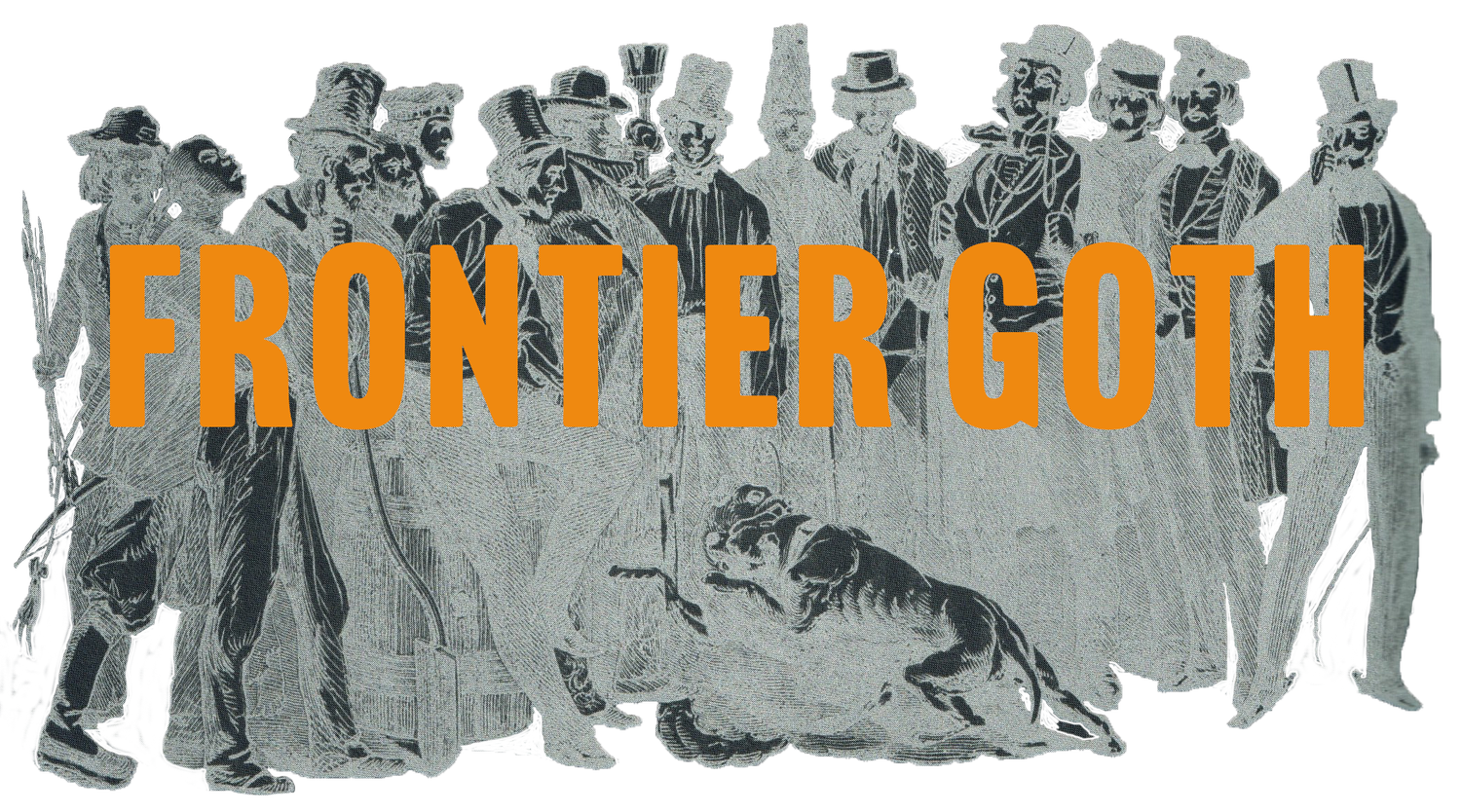Sediments of Time: On Possible Histories by Reinhart Koselleck
“And here we encounter the phenomenon that makes history so exciting: not only does the singularity of sudden events seem to bring historical changes with it, but longer-lasting structures that enable changes, but initially appear to be more static, are themselves also subject to chnge. The advantage of a theory of sedimentations of time lies in its ability to measure different velocities—accelerations or decelerations—and to thereby reveal different modes of historical change that indicate great temporal complexity.”
&
”To write the history of a particular time means to make statements that could never have been made in that period.”
&
”It is decisive for the historian’s perspective whether he was born higher or lower in the social or political hierarchy, whether he belongs to the victors or the vanquished. Thucydides, Polybius, Sallust, Tacitus, Augustine, Commynes, Machiavelli, Guiccardini, and even Marx all belonged to the vanquished in analyzing and representing the events of their time. As vanquished, they were forced to develop new questions and methods, for their history had unfolded differently than they had hoped. THey wrote under greater need of explanation, under greater urgency for evidence than what applies to the victors, because success itself speaks for the victors.”
&
”The entirety of history (though not every individual history) can be understood according to the various inside-outside constellations at play therein. A threshold is crossed when the other or foreigner is experienced or conceptualized as an enemy, as someone to be combatted, or when the other is defined as inhuman in order to exterminate him. Whether it is warring tribes or cities; churches that persecute or destroy each other in the name of religion; groups defined as classes or partiesthat repress or eradicate each other—all of these historical groups are capable of strengthening each other, radicalizing conflict, perfecting murder.”
-Reinhart Koselleck


